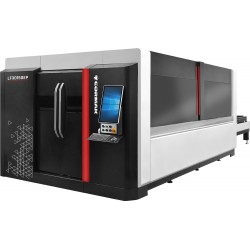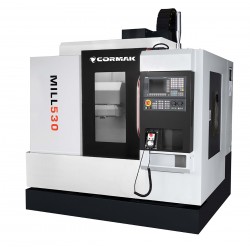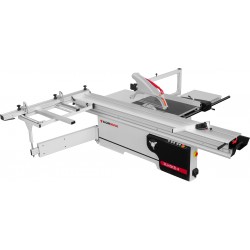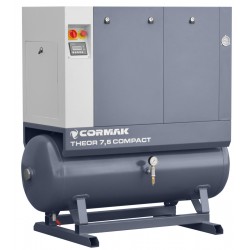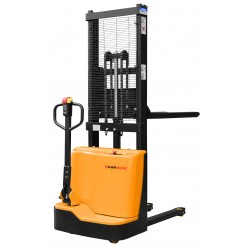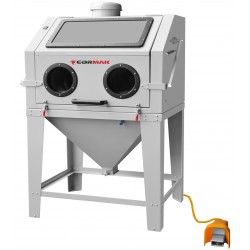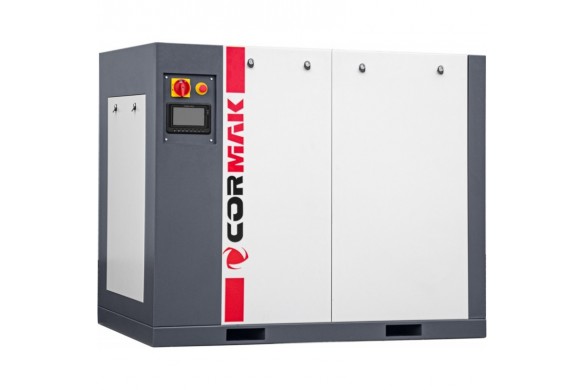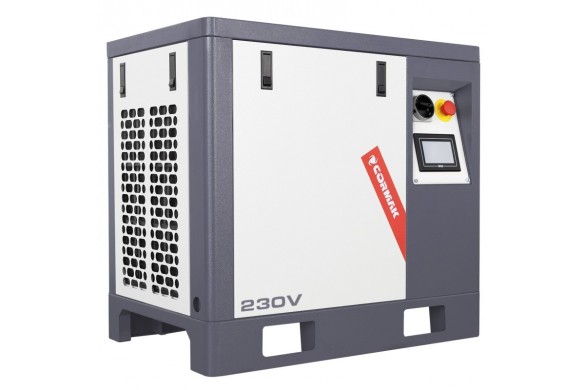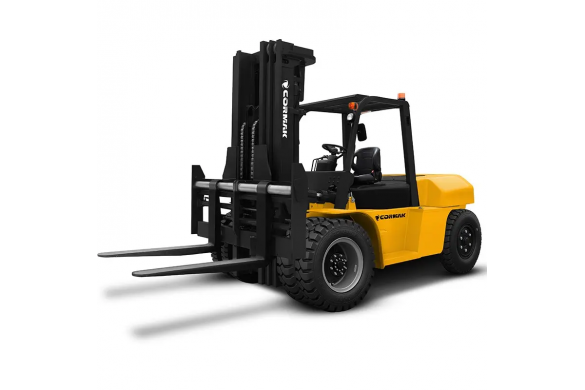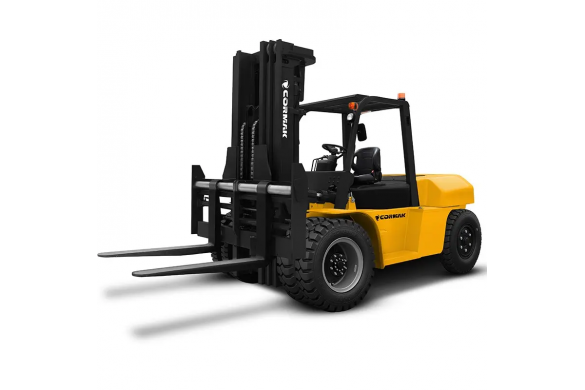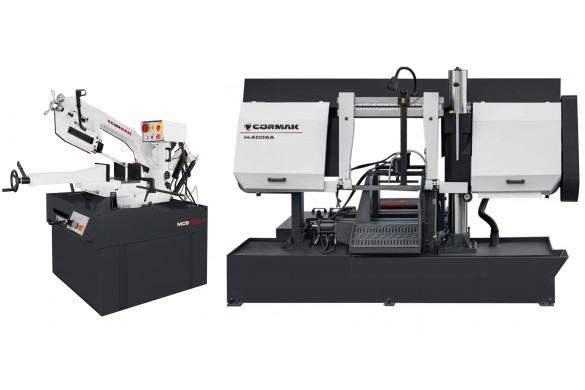How to Choose the Right Screw Compressor for Your Business?

How to Choose the Right Screw Compressor for Your Business?
Selecting the right screw compressor is a key step for any business that uses compressed air in daily operations. Whether you run a workshop, paint shop, production facility or warehouse, a well-matched screw compressor ensures operational continuity, energy savings, and optimal pressure. Here's how to choose the right model for your business needs.
1. Estimate your air demand
Start by calculating how much compressed air your company uses per day. Add up the consumption of all tools and machines running at the same time. The result is expressed in liters per minute (l/min) or cubic meters per hour (m³/h). Choose a compressor with at least 20% reserve to avoid constant full-load operation.
2. Select the proper working pressure
Every pneumatic device requires a certain working pressure – usually 6, 8, or 10 bar. Pick a compressor that delivers the required pressure with some buffer. Too low means performance drops; too high leads to unnecessary energy loss.
3. Consider the operating mode
If compressed air is needed throughout the day, select a compressor designed for continuous duty (100% duty cycle). For lighter use, intermittent-duty models are sufficient. This impacts the device's lifespan and efficiency.
4. Choose the right motor power and tank size
Motor power (in kW) should match your required air output. Also consider the receiver tank size – a larger tank stabilizes pressure and reduces start cycles.
5. Consider integrated dryer and filters
If air quality is critical – e.g., in painting or electronics – choose a compressor with an integrated dryer and filtration system to eliminate moisture and impurities.
6. Assess installation conditions
Screw compressors need proper setup – ventilation space, power supply access, and good acoustics. Think through where the unit will be installed to ensure optimal operating conditions.
Summary
Choosing a screw compressor is not just about specs – it's about analyzing your company's actual production needs. When in doubt, consult a specialist to select the perfect model. It’s a long-term investment worth making.

